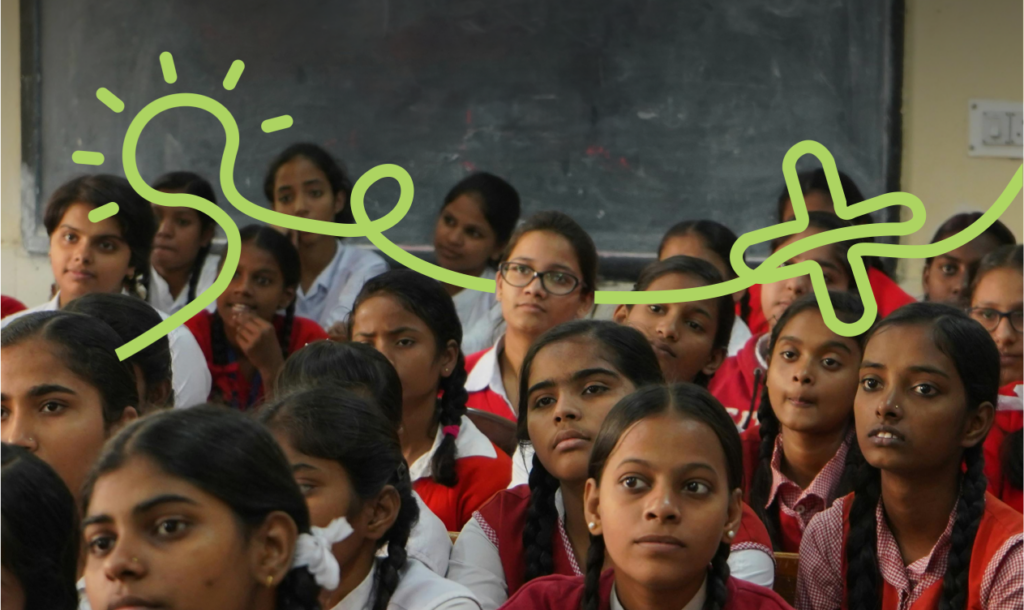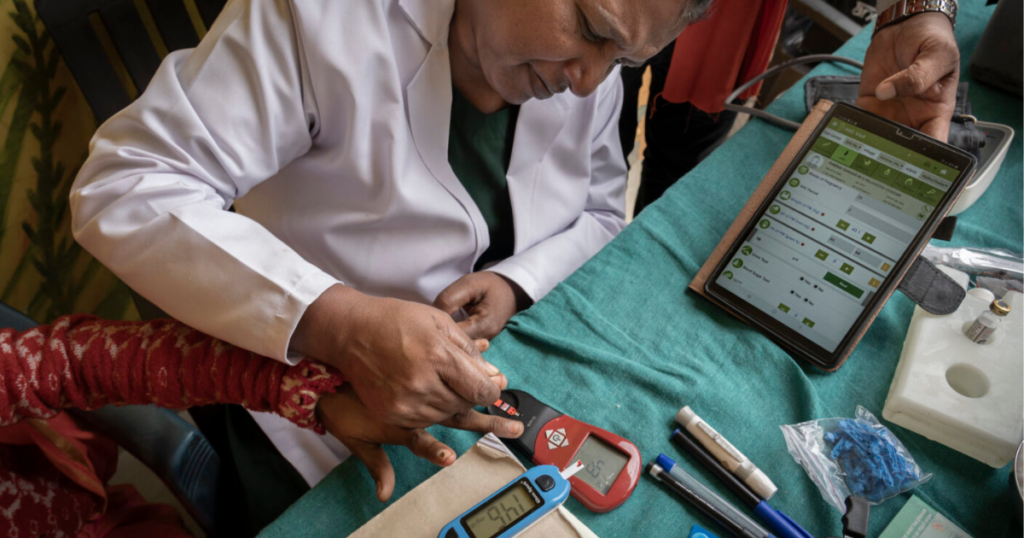Millets are gaining importance in India’s discourse around climate change and sustainability due to their nutritional benefits, such as their high protein and dietary fibre content. The Indian government is campaigning to mainstream millets and make India the global hub for millets.
Private sector brands are expanding their product baskets to include millets. However, there are issues of quality and availability of millet produce that persist. There also exist challenges in building reliable and remunerative value chains. These result from inefficient pre-processing, cleaning, and grading at the farm level.
Collaborative action is needed to address challenges especially in the procurement stages of millet value chains. The target areas for action include enabling efficient processing infrastructure, promoting post-harvest technologies and innovation, and building capacity of farm-level stakeholders.
Private food brands can play a significant role in promoting millet consumption by creating clear standards and guidelines for procurement. Small startups can benefit from investments in processing technologies to improve shelf life. Farmer Producer Organisations (FPOs) can ensure fair prices for farmers and access to high-quality millet products for consumers with policy support and demand push. Grassroots organisations and nonprofits can help farmers store and process their millets, while research organisations can conduct research on various aspects of millet farming. Corporate philanthropists, angel investors, and venture capitalists can play a crucial role by investing in startups to address gaps in
technology and innovation.
By addressing quality issues at the farm level, private procurement can play a significant role in making millet cultivation a viable activity for farmers while promoting the mainstreaming of millets among consumers.
Contributors: Ayushi Baloni, Shivangi Sharma, Eliza Singhal, Vikramjeet Sharma, and Debaranjan Pujahari.
We are grateful to Amith Sebastian (COO, Soulfull at Tata Consumer Soulfull), Dr B. Dayakar Rao (Principal Scientist and CEO – Nutrihub, ICAR-IIMR Hyderabad), Dushyant Gupta (GM, Staples and Fresh, CP Wholesale India), Pallavi Upadhyaya (Co-Founder & MD Millets For Health), Ritesh Gupta (Sustainability Lead, Nestle R&D Centre India Pvt Ltd), Sanjiv Rangrass (Former Member, Corporation Management Committee, CEO Agri Businesses, Group Head Sustainability & R&D, ITC Limited) and Tapas Chandra Roy (Certified Farm Advisor on Millets) for their valuable inputs that helped shape this perspective.




